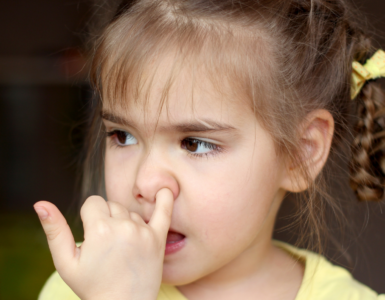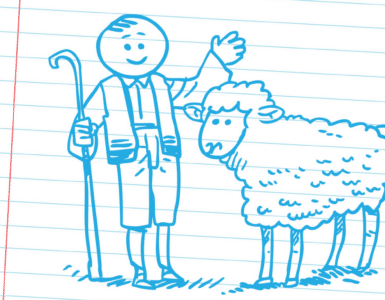Children can be difficult sometimes, even downright annoying! Often they’ll exhibit unwanted behavior such as whining, throwing tantrums, having anger issues, throwing things, or hitting.
Here are some ways to handle your child’s negative moods without murdering them!
Be a Model – Stay Calm!
If you want your child to express themselves in productive ways, you need to model that behavior. If you’re yelling and screaming at your child, they will think that it’s ok to yell and scream too.
When your child is acting up, make sure that you approach them calmly. Get down to their level so that they don’t feel threatened or overpowered. If you need to take a moment to calm yourself first before calming your child down, take as much time as you need.
Teach Effective Communication
Toddlers are still learning how to use their words, which is why they tend to scream or cry when they’re really upset instead of just saying what’s bothering them. Teach your child some useful phrases and words to help them better express themselves. Once they start to whine or get worked up, remind them of their words so they can speak instead of scream.
For older kids, you can have a conversation with them. Ask them why they’re getting upset, and explain to them why yelling/hitting/throwing things/etc. is not ok. If they want something but can’t get it, explain to them why they can’t and offer an alternative for things that they can have or do right now. Acknowledge your child’s thoughts and feelings and also share your feelings on their behavior in a calm way so they understand how their actions affect others.

Toddlers Can Be Easily Distracted
This viral video of a mom distracting a crying toddler with zoomies is an excellent example of how toddlers can be easily distracted once they start showing signs of having a meltdown. Toddlers can get fixated on things and most of the time they’re upset because they’re either tired, overstimulated, or hungry.
Distract your child with other activities or by doing something silly like making funny noises or running laps around your home. It’s a great way to calm your fussy toddler and get some cardio in!
Make Sure Your Child is Getting Enough Sleep and Exercise
If your child is not on a regular sleep schedule, they will be moody and grumpy during the day. Make sure that your little one is sleeping enough and taking naps if they still need them.
Kids also have loads of energy and need to exercise every day. Even if they’re running around on the playground or playing sports during school, they should also be getting exercise in the late afternoon evening. This will make sure they’re letting out all that pent-up energy during the day so they can be calmer at home.
ABC – Always Be Consistent
Consistency is key when you want your child to stop difficult behavior. Set clear boundaries with your child and stick to them. Do not give in to tantrums. If you give in once, your child will think they can have their way if they yell loud enough and it will be that much harder to get them to cooperate.
Use Positive Reinforcement
Give your child positive encouragement when you notice them using their words, or being more patient. If your child is acting out because they want attention, show them that they can get your attention by doing something positive instead. With positive reinforcement, children are also learning why doing things like talking and taking turns is better than screaming and throwing toys.
Make Sure That It’s Not Something More Serious
If your child is already 7 years old or older and still throwing tantrums, or they’re still young but their behavior goes beyond a typical tantrum and is either violent or seriously disrupting your family’s life, it could mean something more serious is going on. This includes things such as a learning disability, a mood disorder, or even signs of abuse. It’s best to take your child to see a specialist to make sure.
Most of the time, children grow out of this little monster phase. During the first 6 years of their lives, children are growing so much in such a short amount of time that it can be hard for them to express themselves in a way that won’t burst your eardrums or annoy you to death!
Being patient and understanding and communicating with your child effectively, they will learn positive ways to deal with their intense feelings. This will help them be more mindful of their actions and behavior when they get older and it will help them have healthy interactions with others.









that home my little brother is crying so much is annyong how to make him stop